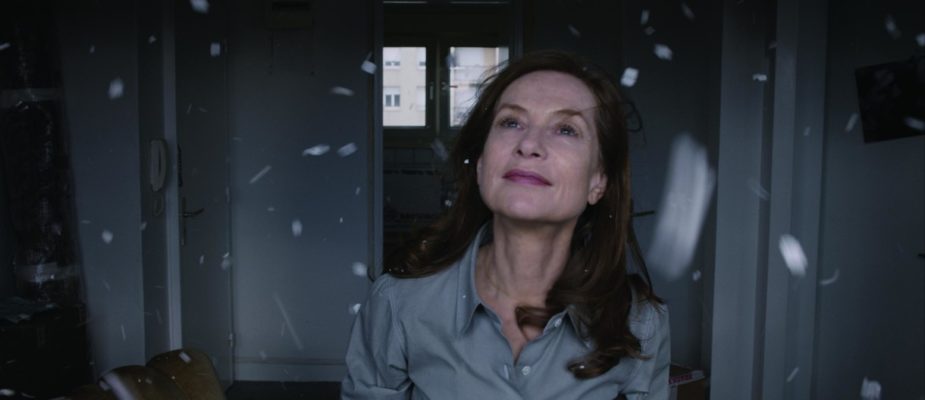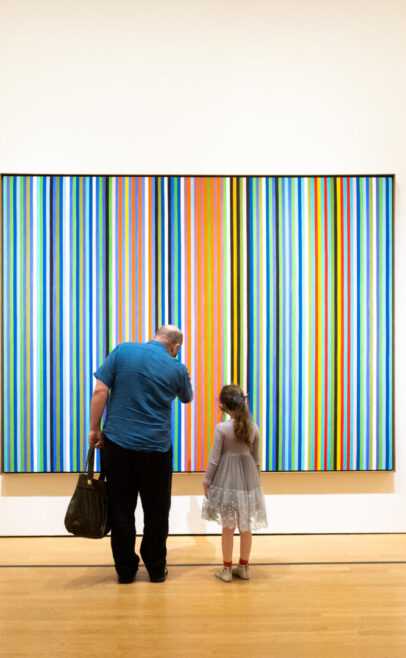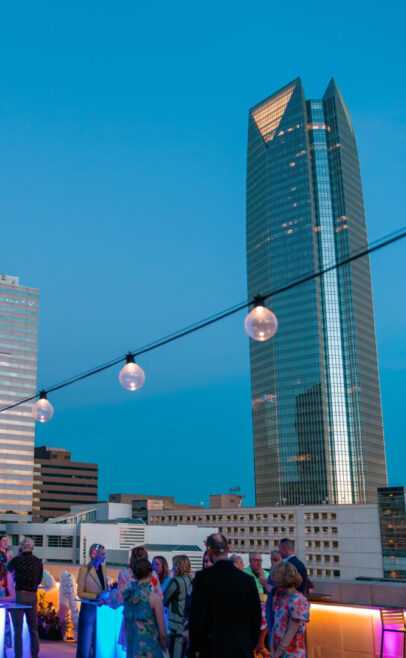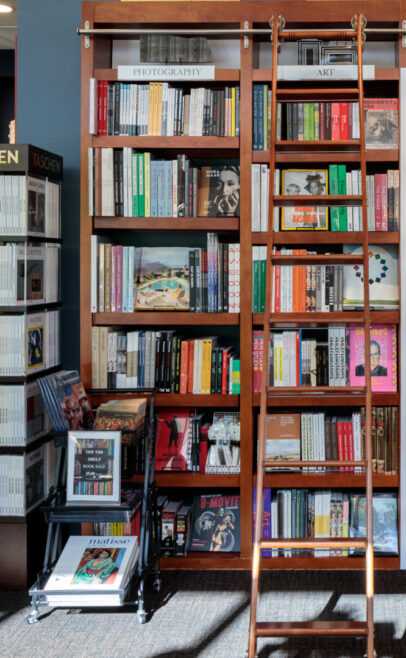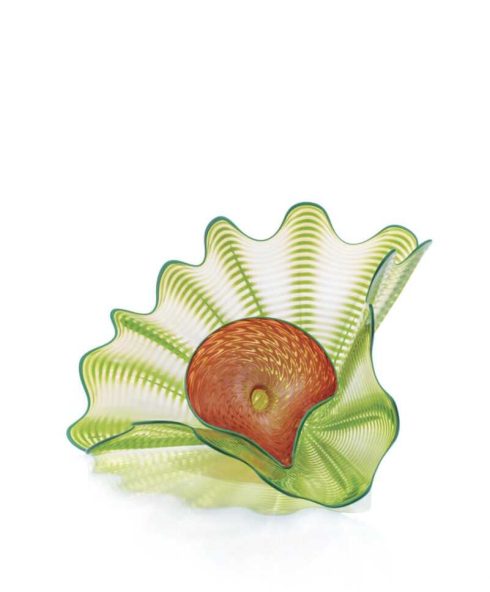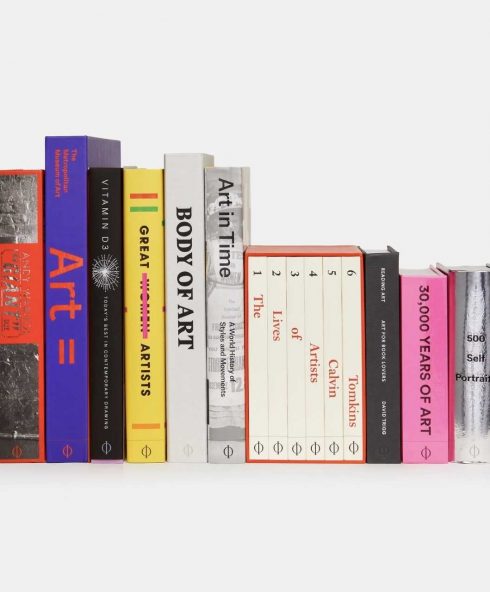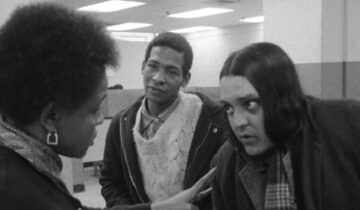Days three and four of the competition at the 66th Berlinale (Berlin Film Festival) witnessed enough notable new world cinema to suggest that 2016 might see a repeat of last year’s remarkable program – albeit as frequently outside as inside the “Wettbewerb” (or competition). Not that my own day three got off to the fastest of starts. Dispensing quickly with the less interesting of my competition screenings: for all the advanced excitement in American indie circles, Jeff Nichols’s Midnight Special (2016) shows yet again that the director’s work, in its imitative connection to the mainstream cinema of the director’s – and my own – adolescence, can only be so good. In this case, we are squarely in the territory of 1980’s science-fiction, with some final-act digital world-building to match the dreadfully kitsch effects of that earlier era. There’s nothing wrong, exactly, with Midnight Special – outside of Adam Driver’s completely miscalculated performance. It’s just that I don’t share Nichols’s nostalgia.
The first real flop of the competition, however, was the French-Canadian feature Boris without Beatrice (2016) from director Denis Côté, whose Curling (2010) and Vic + Flo Saw a Bear (2013) I both admired (and see as key achievements of Quebec’s recent cinematic emergence). No such luck here for this dreadfully allegorical portrait of a bourgeois spiritual crisis, with Denis Lavant occupying a supporting role as a tormentor who may or may not exist only as a figment of the protagonist’s imagination. Indeed, if I have learned any lesson during the first few days at Berlin – between Côté’s latest and the Critics’ Week’s excruciating opening night film, Eva Doesn’t Sleep (2015) from Argentina – it’s that Lavant’s presence can’t save the unsalvageable.
Forward to the successes: Mohamed Ben Attia’s Hedi (2016), which takes its name from Majd Mastoura’s male lead, is a rare high-profile premiere for the Arab world’s Tunisia. The subject of an arranged marriage to an attractive young woman, Hedi is forced by his employer to take a business trip during the week leading up to his marriage. When he quickly gives up on doing any work, opting instead to spend his days lying around at his coastal hotel – think Laurent Cantet – Hedi forges a relationship with a tatooed, thirty-something hotel-worker, Rim, with whom he just as fast commences a sexual affair. Attia’s taboo-breaking Hedi – this is an Arab film with visceral sex scenes after all – introduces us to a much more modern corner of that world than we customarily imagine, a world that is experiencing major upheaval both on the political level, and also in the mores of the country’s younger generation. Co-produced by Jean-Pierre and Luc Dardenne (L’Enfant), whose over-the-shoulder follow shots Attia studiously imitates, Hedi seems a sure bet for a secondary competition prize and niche U.S. distribution.
A front-runner for this year’s top competition prize, and the best film I have seen four days in, Mia Hansen-Løve’s Things to Come (2016) moves beyond the young French director’s characteristically youthful subjects (Goodbye First Love, Eden) to the middle-age of its heroine Nathalie (the extraordinary Isabelle Huppert). Nathalie is a philosophy teacher who struggles with the coercive activism of student protesters, the changing environment of academic publishing, and an extremely needy and self-destructive elderly mother (the beautiful Edith Scob) – even as her home life (she is married to a university lecturer and has two grown children) remains stable. When the latter, too, breaks down, Huppert is forced to confront her sudden unwanted freedom. Things to Come reads as a projection of Hansen-Løve’s anxieties toward a still distant middle age, and particularly her romantic future with fellow director Olivier Assayas, whom she is coming perilously close to eclipsing artistically. The young director’s latest quotes from Abbas Kiarostami’s Certified Copy (2010) and bears a very close resemblance to the philosophically searching, summer holiday-centered films of Eric Rohmer (with whom Hansen-Løve shares her production company). Like both of her masters, Hansen-Løve has forged a world that overflows with compelling digressive detail. Things to Come is the director’s best since her first feature, Father of My Children (2009), and might simply be her best.
A second Les Film du Losange production from the Forum section, Eugène Green’s Son of Joseph (2016), deserves strong praise of its own. The New York-born, Paris-based director of La Sapienza (2014) returns for the story of fifteen-year-old Vincent, the son of a single mother who experiences the sudden urge to learn the identity of his absent father. Son of Joseph is archetypal Green to be sure: the director’s subjects declaim directly to the camera, while sustaining the precise and clear diction of actors in the Baroque theatre – for the seasoned Green viewer (a small coterie to be sure) nothing feels more natural at this point than Green’s anti-naturalistic, even autistic strategies; French-language puns remain an on-going topic of conversation between the film’s surrogate father and son; and the religious connotations of the film’s title come together brilliantly in the film’s concluding “chase” scene. All in all, Son of Joseph is one of the more entertaining (and indeed funny) films in the director’s singular corpus, with a very welcome and successful turn from Mathieu Amalric (A Christmas Tale) in the role of a lascivious publisher. We can only hope that an American distributor takes a chance on this gem, much as Kino Lorber did with La Sapienza last year.
Rounding out my day three and four highlights – Terence Davies’s A Quiet Passion is first up for day five – is Kiyoshi Kurosawa’s very strong Creepy (2016), which received its world premiere as a Berlinale Special presentation. When detective Takakura is wounded on the job by a serial killer, he and his wife relocate, with Takakura leaving the profession for work as a university lecturer. In their new place of residence, the couple crosses paths with the picture’s namesake, their socially inept neighbor, Mr. Nishino (Tokyo Sonata’s Teruyuki Kagawa, who is especially memorable in the role). Meanwhile, Takakura is drawn back into an earlier case that ultimately will converge with their new, quieter life. Creepy starts out as a consistently compelling crime procedural, before transforming itself, following a last act perspectival shift, into a parable of the horrors of the patriarchy and the implosion of the Japanese family. As in the above Green, this is very much signature work for the great genre director of Cure (1997), Bright Future (2002), and Tokyo Sonata (2008); Creepy is a cleanly photographed and leisurely paced art-house thriller with just the right amount of creep – before becoming a Kurosawa film of a very different sort.
Also check out dispatches number one (ahead of the festival) and two (including some great in-flight entertainment).
